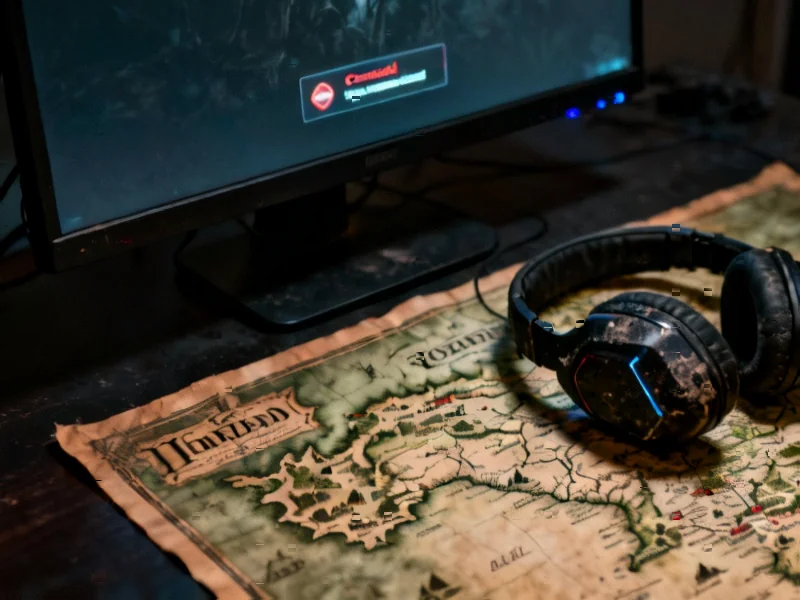According to Eurogamer.net, the UK House of Commons has debated video game consumer protections using Sony’s Concord shutdown as a central case study. MP Ben Goldsborough led the debate, highlighting that the UK gaming industry contributes £7.6 billion annually and employs 75,000 people while arguing that gamers invest “time, effort, imagination, and friendship” beyond just money. The discussion referenced Concord’s August 2024 release and subsequent shutdown by Sony Interactive Entertainment, noting that while refunds were provided in this case, this isn’t standard industry practice. Other games mentioned included The Crew and Anthem, with MPs advocating for clearer lifespan disclosures under the Digital Markets, Competition and Consumers Act 2024, though the government has stated it won’t change consumer laws despite parliamentary support for preservation efforts.
The Live Service Reckoning Arrives
What makes Concord’s parliamentary mention particularly significant isn’t just the timing—coming barely months after its release—but the context. We’re witnessing the collision between traditional retail models and the reality of always-online gaming ecosystems. For years, publishers have operated under the assumption that live service games exist in a legal gray area where shutdown decisions are purely commercial. The UK debate signals this assumption may no longer hold. When a £7.6 billion industry employing 75,000 people becomes the subject of parliamentary scrutiny, we’re no longer talking about niche consumer complaints but systemic regulatory attention.
The Cultural Preservation Crisis Deepens
The debate touches on something fundamental that extends beyond consumer rights: cultural preservation. As MP Goldsborough noted, this is about protecting a “cultural legacy” that the UK should be proud of. We’re facing a scenario where entire generations of interactive entertainment could vanish permanently. Unlike films, books, or music, live service games often become completely inaccessible after shutdowns. The reference to parliamentary research indicates this isn’t just philosophical concern but a documented policy issue. When games like Anthem and The Crew disappear, we’re not just losing products—we’re losing cultural artifacts that represent significant creative and technological achievements.
The Developer’s Impossible Position
While consumer perspectives dominate the conversation, we must consider the developer impact. Studios often face impossible choices when player counts dwindle and server costs mount. The infrastructure required to maintain always-online games creates permanent financial liabilities that many smaller studios simply cannot sustain indefinitely. What parliamentarians might be missing is that mandatory preservation requirements could fundamentally alter game development economics, potentially making certain types of games financially unviable from inception. This creates a tension between consumer rights and creative risk-taking that the industry hasn’t yet resolved.
Broader Global Implications
The UK debate doesn’t exist in isolation. We’re seeing similar conversations emerging in the European Union regarding digital ownership rights and in Australia concerning consumer protections for digital goods. When a major market like the UK begins formal parliamentary discussions about game preservation, it creates precedent that other jurisdictions may follow. The specific mention of the Digital Markets, Competition and Consumers Act 2024 suggests regulators are already exploring how existing frameworks might apply to gaming, rather than waiting for entirely new legislation. This approach could accelerate enforcement actions and set standards that global publishers must accommodate across all markets.
The Investment Landscape Shifts
For investors and publishers, the parliamentary attention represents a new category of risk assessment. Live service games have traditionally been evaluated based on player acquisition costs, retention metrics, and monetization potential. Now, they must also consider regulatory exposure and potential preservation liabilities. Games with uncertain long-term viability may face increased scrutiny from both investors and platform holders. The fact that Concord’s situation reached parliamentary debate within months of release demonstrates how quickly commercial failures can become regulatory case studies, creating reputational damage that extends far beyond financial losses.




